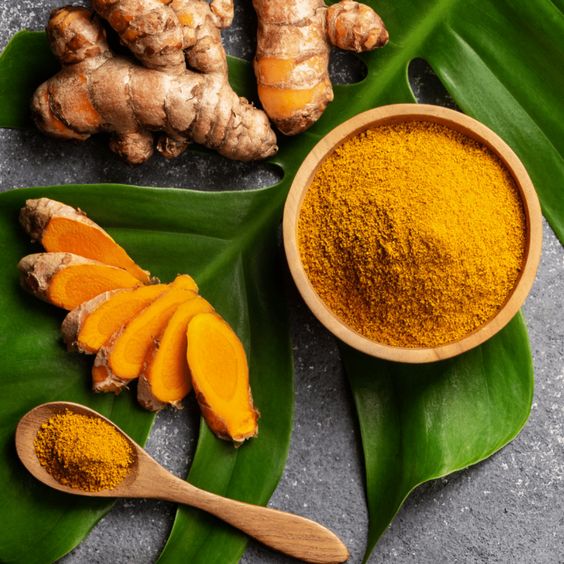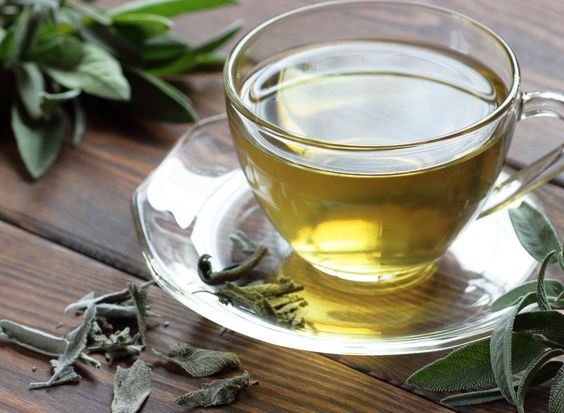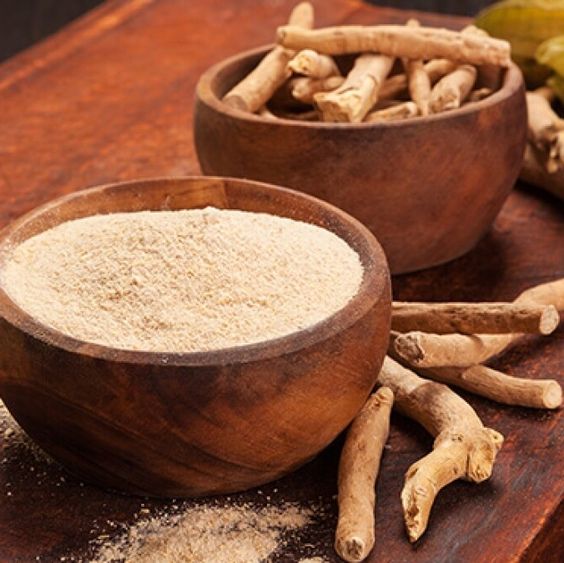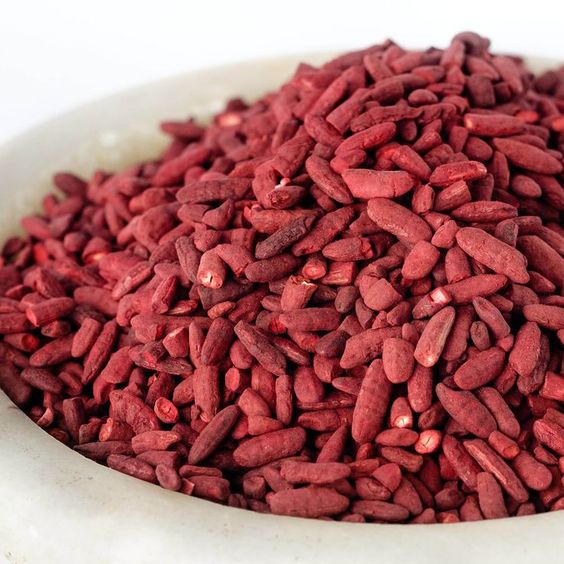New research has revealed the extent of liver damage being caused by taking popular herbal supplements containing extracts of turmeric.
Nearly 15 million Americans may be endangering their liver health in a bid to improve overall wellness. Generally, these herbal supplements are taken to soothe down joint pain, and inflammation (turmeric), weight loss (garcinia cambogia), relieve stress and anxiety (ashwagandha), manage hot flushes (black cohosh), and (red yeast rice) for heart health.
Ann Arbor, a health researcher from Michigan University, examined the data from 2017–21, covering 9,685 adults. The study showed that about 4.7% of US adults had used one of the six possibly harmful supplements (namely, turmeric, green tea, ashwagandha, garcinia cambogia, black cohosh, and red yeast rice) in the preceding 30 days.






Rise in the cases of liver toxicity
The American Journal of Medicine published an article about the liver toxicity connected with these supplements. It was reported that people are unaware of the serious risks of the overdose that results in hospitalization, which has increased from 7% to 20% between 2004 and 2014.
The gastroenterology assistant professor Alisa Likhitsup and her colleagues reported that “the use of herbal and dietary supplements (HDSs) accounts for an increasing proportion of drug hepatotoxicity cases.”
What is drug-induced hepatoxicity?
Acute or chronic liver damage caused by drugs is commonly referred to as toxic liver disease. It can cause yellowing of the skin, rash, itching, weariness, nausea, and upper-right abdomen pain, among other symptoms. Though it is treatable by eliminating the toxic trigger, if left untreated or overlooked, it can have fatal implications, demanding a liver transplant for the patient.
“In light of the lack of regulatory oversight on the manufacturing and testing of botanical products, it is recommended that clinicians obtain a full medication and HDS use history when evaluating patients with unexplained symptoms or liver test abnormalities,” they wrote in the study. “Considering the widespread and growing popularity of botanical products, we urge government authorities to consider increasing regulatory oversight on how botanicals are produced, marketed, tested, and monitored in the general population.”
They further highlight the fact that there are discrepancies between the dose listed in a tablet and what is advertised on the bottle and that the regulations governing these supplements are less stringent than those prescribed medicines.
Furthermore, when these supplements are used at higher levels, there isn’t strong evidence to support their benefits above their risks. According to clinical investigations, safe dosages for each supplement depend on a person’s medical history, current liver health, prescription medication regimen, and other ailments. Because of this, safe dose recommendations ought to be personalized for the individual.
It is noteworthy that the study only discusses ‘green tea extract’ and not actual tea consumption. Green tea has shown no known link to liver damage so far, and a daily intake of maximum eight cups is advised. The hospitalized individuals were taking these supplements as self-prescribed therapy without any medical practitioners’ recommendation.
The researchers are also not advocating for abstinence, though the hospitalizations resulting from overdose of these supplements are increasing but they are rather cautioning users about the quantity and contents of the intake, especially if a combination of herbal supplements and other medications is needed to address chronic disorders.
In 2023, the Australian FDA equivalent, the Therapeutic Goods Association (TGA), released a warning emphasizing the possibility of liver damage from ingesting curcumin or turmeric. They said that severe harm is rare, and the risk varies depending on a person’s liver function and capacity for absorption.
TGA offered a pinch of good news for those who use the popular golden yellow spice in cooking, they clarified, “The risk of liver injury does not appear to relate to Curcuma longa (turmeric) when consumed in typical dietary amounts as a food”.
Images Source: PInterest.com
Info credit: newaltlas.com


Thank you, it is very good information!